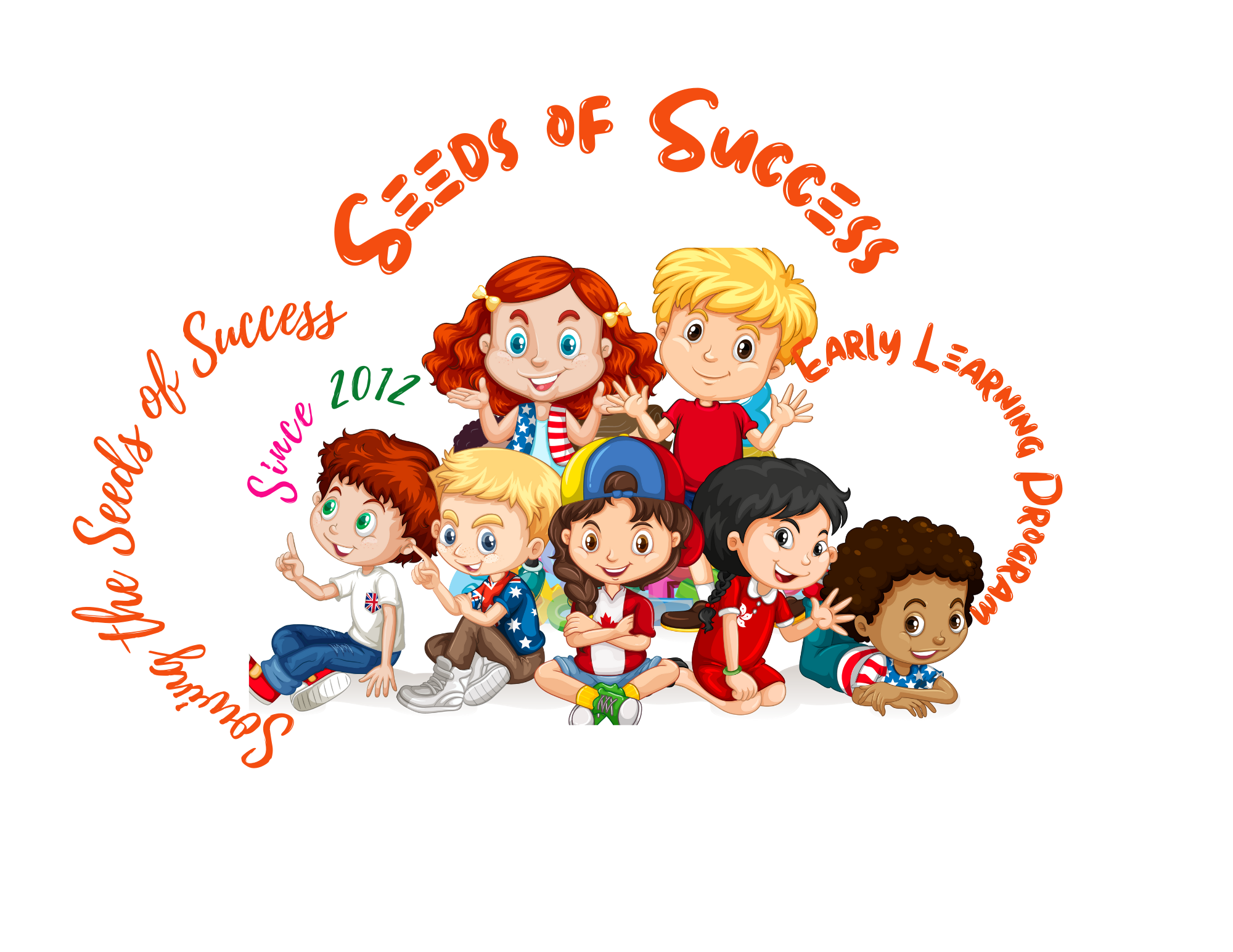Children’s Logico-Mathematical Relationship Development
From day one of life to the next day, infants start categorizing strangers and familiar people without any single instruction in sorting. Side by side, they also practice seriation; in other words, they classify and prioritize relationships. According to Merriam-Webster, seriation means formation, arrangement, or position in a series or orderly sequence.
The construction of conceptual relationships in the brain between strangers and familiars is an example of logical-mathematical knowledge. Logico-mathematical knowledge is one of the three types of knowledge observed and theorized by Piaget,1937.
Benefits of playing Tic-Tac-Toe for preschoolers
Tic-tac-toe is a simple interactive game that encourages children to build in their brains the pathways of steps to be taken by them and possibly by the opponent. Playing tic-tac-toe encourages children to make multiple logic-mathematical relationships. 1) in an interrelated way and 2) in a hierarchical way. In Japan, tic-tac-toe has been used as an in-class educational activity for 4 to 6-year-olds.
This could be an awesome calming-down game after an energetic playtime. Children practice problem-solving skills and strategic planning. They also develop logical thinking and improve their ability to focus and concentrate.
How Children Learn Tic-Tac-Toe Step by Step
Children as young as three years old can play this game. Children Achieve different learning and developmental levels as per their age and individual response to the game. At first, children try and learn to make a straight line (mostly around age four). Second, they try to learn to make a horizontal or vertical line. Third, they developed the concept of creating a diagonal line. Fourth, children try to remember to block the opponent. Finally, children learn to win by comparing the relative advantages of blocking the opponent or completing a child’s own line.
In some scenarios, children can also figure out that losing the game is unavoidable when the opponent has two possible ways of winning. Realizing and experiencing losing the game may encourage children to show empathy and cope with the experience of losing.



